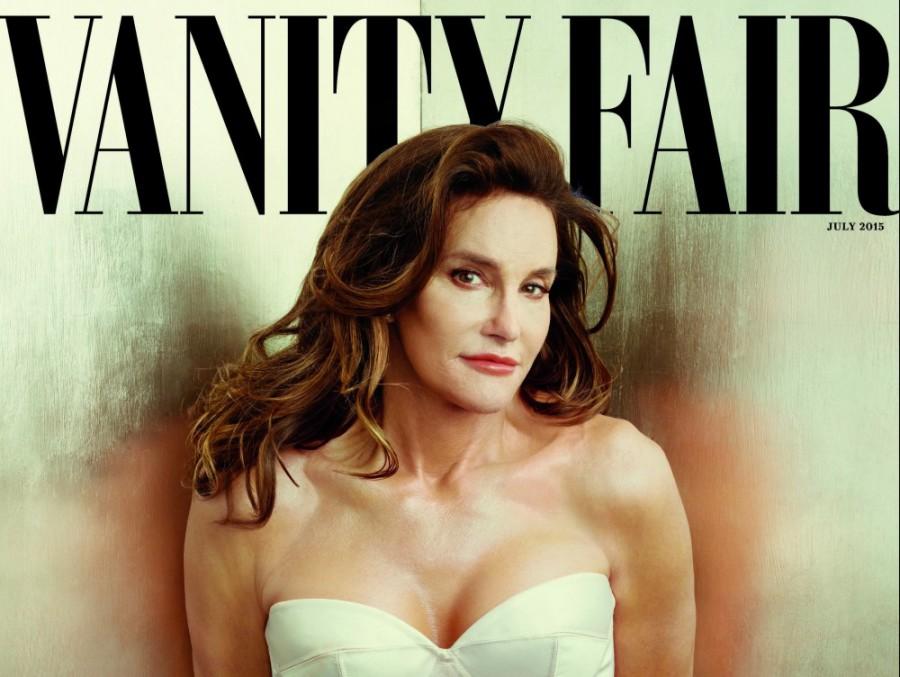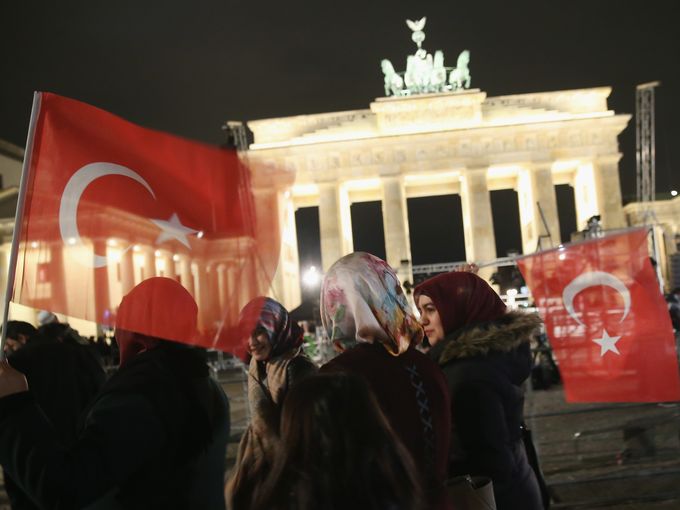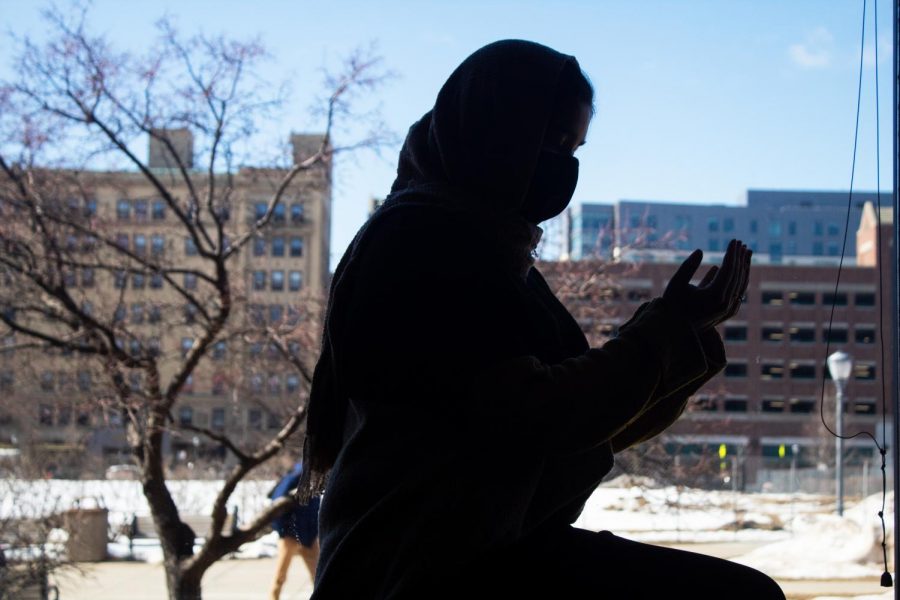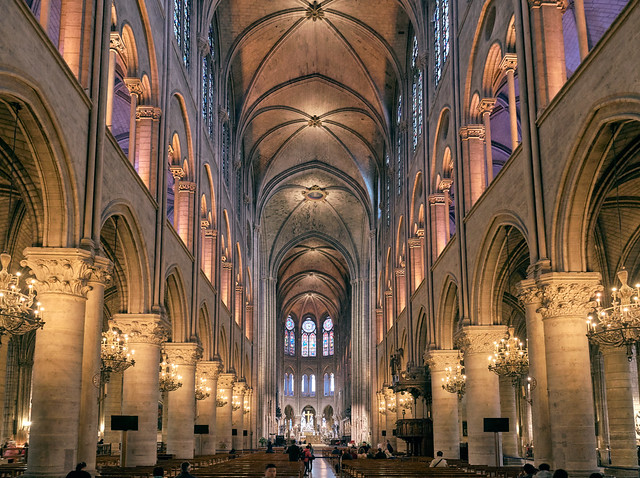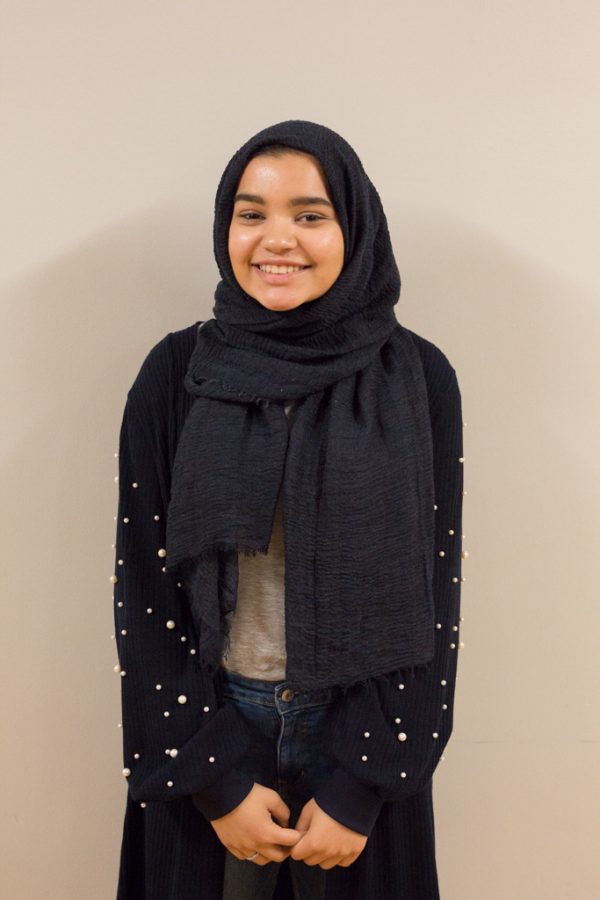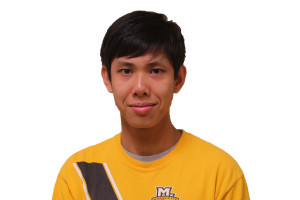 As a columnist, I generally have the freedom to write about whatever I want, provided that I can back it up and get it past my editor.
As a columnist, I generally have the freedom to write about whatever I want, provided that I can back it up and get it past my editor.
Reporters for college newspapers are not as exposed as those working for other publications, but during my four-year stint at the Trib, I am sure someone has disagreed or been offended by something I have written.
As I write more and more, the odds that I will eventually strike a nerve with someone, anyone, approaches one. Still, despite my affinity for nice feedback, I am not really concerned if anyone gets mad at me for my writing. After all, it is not like anyone will do anything violent or irrational due to what I wrote.
Unfortunately, last week’s events in Paris proved not everyone chooses to contain their reaction, and 12 people are now dead because what a cartoon printed in satire magazine, Charlie Hebdo, offended intolerant Islamist extremists.
While the attack is universally criticized, the reactions of some commentators seem to deflect a portion of the blame back onto the victims. Writing in the Guardian, French journalist Nabila Ramdani said the attackers may have been motivated by a sense of alienation and discrimination felt by French Muslims. These sentiments are fueled in France by “anti-religious hate speech” that blames Islam for social problems. Ramdani went on to say Charlie Hebdo reflected France’s “climate of intolerance” and described the magazine’s slain editor as someone who “regularly expressed his disdain for (Islam).”
Some have compared the reaction to Charlie Hebdo’s controversial cartoons to saying a racial slur in front of a person and not expecting a punch to the face. This implies that if the magazine did not print such offensive content, then last week’s tragedy would not have happened.
In addition to being rather time-insensitive, such comments seem to suggest the terrorists held valid grievances against the magazine for offending them. Unfortunately, this reflects what some might consider the inability to completely reconcile religious inclusivity and tolerance with freedom of speech. With modern attitudes embracing multiculturalism and diversity, there have been calls to create a culture in which no one is ever offended. A nearly impossible task, especially when one has to judge just what exactly is “offensive.”
In the past, laws prohibiting free speech were mostly designed to protect the government and powerful institutions like churches from ridicule or criticism. In the Western world, those types of laws are now mostly unenforced though others have arisen. These laws hold the explicit goal of preventing speech that, according to the American Bar Association, “offends, threatens, or insults groups, based on race, color, religion, national origin, sexual orientation, disability, or other traits.” For example, in many European countries, it is a crime to publicly deny the Holocaust or express support for Nazism.
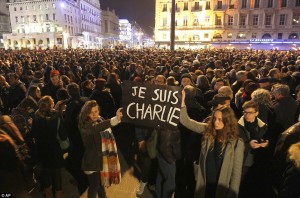
But ultimately, hate speech laws infringe on freedom of speech by limiting discussion only to topics sanctioned by the government. Even if we were to accept that “hate speech is not free speech,” there arises the problem of how to know what offends people. If Muslim religious sensibilities are protected by law, then under the principle of egalitarianism, the same restrictions should be applied to speech offensive to the Church of Scientology.
With everyone having their own views and biases, it becomes impossible to ensure that everyone is free from offense without censoring pretty much anything outside of PBS Kids. In the end, if free speech and the right to criticize is to exist, it must apply to all, or risk creating a society in which the rule of law becomes selectively applied.
The casualties of the attack on Charlie Hebdo were not just those shot that day. The two terrorists wounded, but could not yet kill, freedom of speech for journalists. Even if hate speech legislation could have saved the lives of those killed, it would have accomplished what the terrorists truly wanted: the breaking of Charlie’s pencil.



